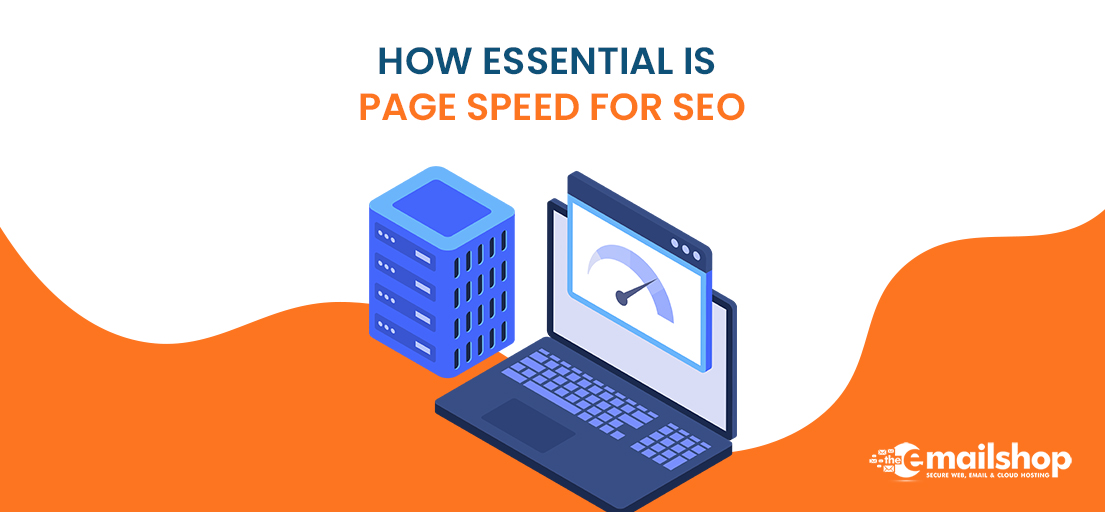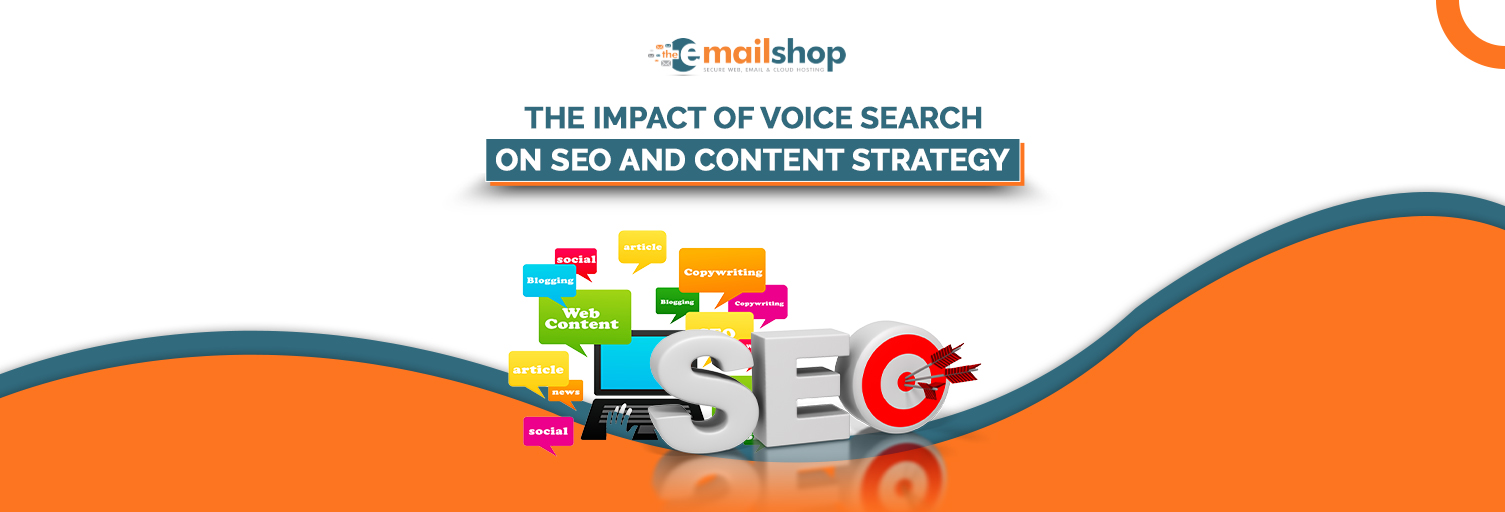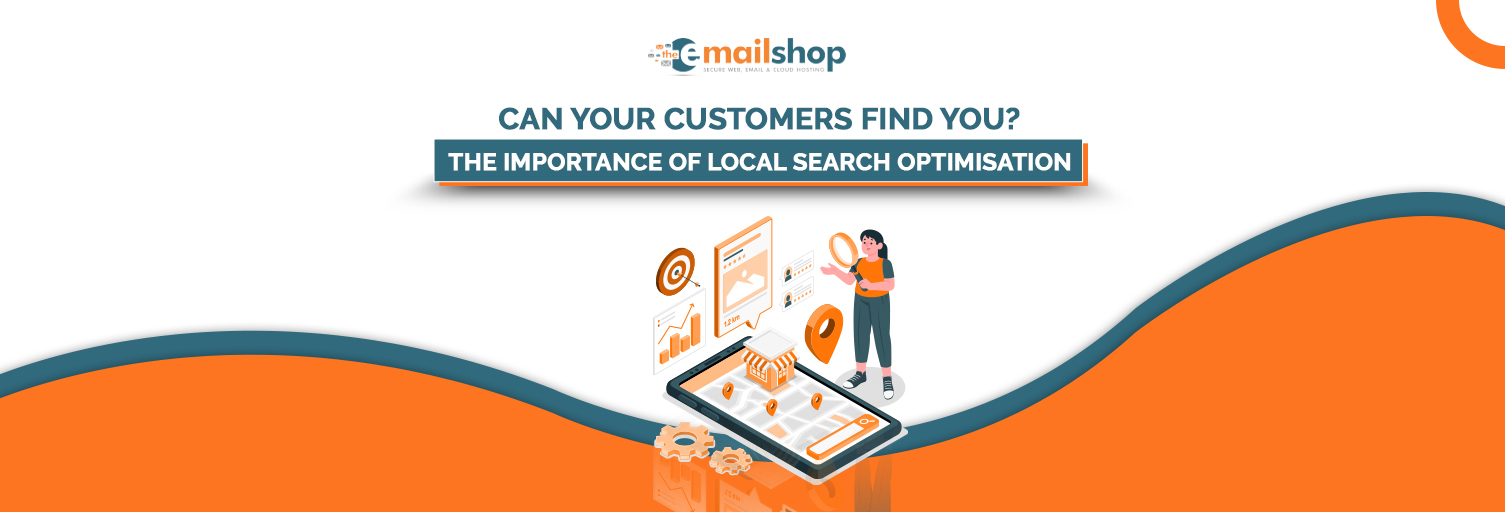Google now considers page speed to be an essential aspect of ranking, meaning that it impacts an online business’s destiny. To keep your business at the forefront, you need to implement website performance optimization strategies. Poor website performance affects any online business severely. When a website loads slowly, users could get impatient and look for other options.
Consequently, your adversaries win. It is reasonable to believe that impatience is the most prevalent characteristic of modern online user behavior, given that 53% of users of mobile sites abandon pages that take longer than three seconds to load. The good news is that accelerating a page is simple to do.
The importance of a website’s loading speed will be covered in this article along with technological solutions, tools, and tips for a faster website, more visitors, and higher search engine rankings.
What is Page Speed?
The term “page speed” describes how quickly a specific page loads from the website hosting servers and appears in the web browser that is requesting it. The amount of time that passes between clicking on a link and the requesting browser displaying the whole content of the website is known as the page load time.
There might be a server problem if it takes a long time for your website to load. Apart from the fact that users detest slow-loading websites, poor page performance will result in Google penalizing your website.
A website is slow if it takes longer than 0.4 seconds to load. Computer scientist Harry Shum and Microsoft specialists say that a page should load in 0.25 seconds or less. It is believed that this time frame will decide the competitive advantages of online businesses.
How Important Is Page Speed?
Page speed is important for your digital marketing strategy as well as for the user experience. Based on our observations, a poorly functioning website has a detrimental effect. The duration of a user’s visit on your website, or time on site. Your website will have a greater bounce rate if it loads very slowly. Transformations. A website that performs well raises the possibility that a visitor will become a customer. Google Marketing. For slow sites, the Cost Per Click (CPC) in sponsored search will be greater. Placements. Google penalizes websites that load slowly, which lowers organic traffic and affects the website’s ranking in SERPs (search engine results page).
Why Page Speed Matters?
If you’re not convinced that page speed matters for several facets of your organization, we’ve put together a list of the essential factors that affect an online firm’s ability to succeed when users’ expectations for website performance are not met.
-
Sales
The user experience on a website translates into online sales, which in turn fuels corporate growth. Revenue for businesses will suffer greatly if website loading times are not up to consumer expectations. If a page loads slowly, 14% of online shoppers will start buying from a different website.
-
Conversions
Conversions are the most important and effective metric for online businesses. Digital marketing tactics can’t boost conversions if the user experience on the website isn’t improved. We’re talking about page speed and website responsiveness here. Advertising campaigns and marketing strategies can drive traffic to a website. Customers rarely leave a website without purchasing anything. Customers, however, need to get the information they require quickly since, if their expectations are not met, 23% of online buyers will give up or even quit the website. This will reduce conversion rates.
-
User Experience
When it comes to the usability and responsiveness of websites, we think that the user experience has the biggest impact on conversion rates. eCommerce’s primary objectives are to meet user expectations and establish a connection with prospective customers by offering the right product, service, or content at the right time. It all depends on having an appropriate page speed.
-
Revenue
Investing in website performance to speed up pages within a few seconds will improve income while lowering hardware and operating expenses. For instance, Shopzilla’s operational expenditure was cut by 50% while increasing income by 12% and reducing page load time from 7 to 2 seconds.
-
User Engagement
When creating tactics to boost online sales, one important indicator for website research is user engagement, which is taken into consideration. The significance of website performance underpins the competitive landscape of online enterprises. Use technologies that can evaluate and predict the optimal course of action about the relationship between page speed and income. An online business’s “recipe of success” is improved user engagement through responsive design and lightning-fast website loading times.
-
Site speed Is A Ranking Factor
Regarding SEO, page speed is still another important consideration. Since 2010, page speed has been a consideration in Google’s ranking. Additionally, Google increased the importance of this component even further in 2018. And when Google announced the core upgrade in May 2020, they made it very clear that page performance matters.
-
Page Speed and SEO
In addition to being a crucial user performance indicator, page speed is also crucial for search engine optimization. Even if you’ve worked very hard to create a highly targeted, functional, and organized website with relevant information, there’s a good possibility that your potential customer may still connect with your online business in other contexts. In real life, a user’s initial impression of your website will be based on how quickly it loads. If your landing page takes a lengthy time to load, your entire attempt will not yield the anticipated results and will result in a major reduction in traffic.
-
Google Provides Tools to Help with Page Speed
Google offers an online tool called PageSpeed Insights that assists in determining technical SEO shortcomings, accessibility concerns, and user experience problems related to website speed. It is very simple to use; simply input the URL, and the tool will display a page with the performance metrics of your website in a few seconds.
-
Mobile Page Speed vs Desktop Page Speed
You will get two scores when you utilize Google’s tool to evaluate the functionality of your website: one for the desktop version and one for the mobile version. To assess mobile websites for speed, Google switched to a mobile-first index in 2018 since more than 50% of user queries originate from mobile devices.
Keep in mind that the mobile speed result will appear first on the mobile version. Your website was assessed via a mobile connection. 3G connections into account when optimizing the speed of your mobile website, as slowness is frequently related to connection speed rather than site performance.
The desktop version will receive a higher score because of the faster connection. The same testing procedure is applied to the website. The connection speed is the only variable.
How to improve Page Speed
- The good news is that regardless of whether you are utilizing PPC or SEO, optimizing long page loads is a simple strategy. Although they can provide performance data, Google Analytics and Search Console are not equipped to identify or fix problems with the speed at which your page loads.
- The PageSpeed Insights tool is your best friend in this case. It is fair to assume that if one of the pages on your site loads slowly, other pages that are similar to it will also have this issue because websites often employ templates. Try to use PageSpeed Insights to analyze a sample of every type of page that exists on your website.
- You can investigate the cause of your delayed load times by attentively studying each Core Web Vitals report’s findings. This will assist you in figuring out how to enhance not just that particular page but every other page on your website that shares the same layout.
- You will need to collaborate closely with your developers to improve page load times. Depending on the nature of the problem, you should anticipate varying degrees of effort and project implementation durations. However, spending the time to fix these problems will pay off in the long term by raising your organic ranking, ad spend, and revenue.
Learn More: How to Start a Blog That Makes You Money
The Bottom Line
PageSpeed is an essential aspect of SEO that influences both the user experience and ranking of your website. A website that loads slowly will have a high bounce rate, and people will probably leave your site if it takes too long. Furthermore, Google has stated that one ranking criterion they take into account when indexing websites is page speed. As a result, speed optimization is crucial for improving the SEO performance of your website. You can improve user experience, draw in more visitors, and raise your website’s visibility by doing this.
Find out what could be holding back your site’s success and contact the Email Shop for page speed optimization services and more.
For Discount and Offers, Visit our Official Twitter Page









